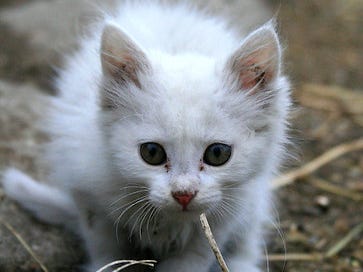Life pretends to begin at the beginning and end at the end, but really it’s more fragmentary and circular, rewriting itself even as it unspools.
When I write personal essays, they rarely emerge narratively. I don’t think I’ve ever written one that began at the beginning and proceeded calmly until the end. They form from fragments, little beads of memory and meaning. Rich bits that I tighten and expand, arrange and juxtapose.
Writing from fragments
I wanted to give my teen students a chance to try this process, to start with the juicy stuff, not the filler, and only think about stringing it all together as a second step.
So I walked them through the following set of prompts, one at a time:
Write two sentences about your birth, one factual, one poetic/whimsical.
Pan out and write two facts about the world when you were born.
Zoom in and give a detail you know about yourself as a little kid.
Go back in time: tell us something about your family before you were born.
What was an expectation (unrealistic or realized) your parents had about you, your birth, or life as a parent?
What is something you know to be true about yourself?
What is something you don't know? A question you have about yourself, your birth, your family, your life?
This list isn’t a magical recipe. You could add or subtract whatever felt right.
Then I gave them some examples from my life to help them be a little looser and weirder:
I was born in Holy Cross Hospital in Salt Lake City, Utah. My mom dreamed she gave birth to a white kitten and when I was born I had white-blond hair and I purred.
Ronald Reagan was president. The men had mustaches and the women were getting perms.
I was a serious baby. I scowled in my photographs.
My parents may be the only straight couple to have met at Girl Scout Camp.
No daughter of mine will ever wear pink, proclaimed my father.
I enjoy being on stage.
I don’t know what happened to my Minnie Mouse sunglasses, but I’d like to be the adult who grew from the child who rocked those glasses.
And oh man, the details that came out! Just these precise, strange, juicy things. Parents who met in Saturn dealerships, families whose grandparents all grew up speaking different languages, babies whose first compliments were nurses envying their eyelashes.
And the language the kids wrote in was also precise and packed. These fragments were some of the punchiest things the class has written all fall. We had to stop between each prompt to savor them.
Putting the fragments together
Now take these fragments as inspiration and write your origin story. You can use any or all of the fragments, in any order. You can change anything. You add more details. You can add other thoughts. You can take one fragment and run with it. You can fill in anything you want to, or just put things next to each other. You can do research. You can ask your families for more information. You can be as poetic or as factual as you like, but don't make anything up. You don't need to.
That’s what I told my students. I haven’t yet seen what they did with it all, but I’m excited.
You too!
If you try this, with kids or without them, I’d be excited to hear about it too. Comments are open. Add your fragments, your essays!
And if you like what I’m doing, consider being a paid subscriber. Support arts education and educators! Your subscription would buy me a snazzy pair of sunglasses I would rock so hard.




